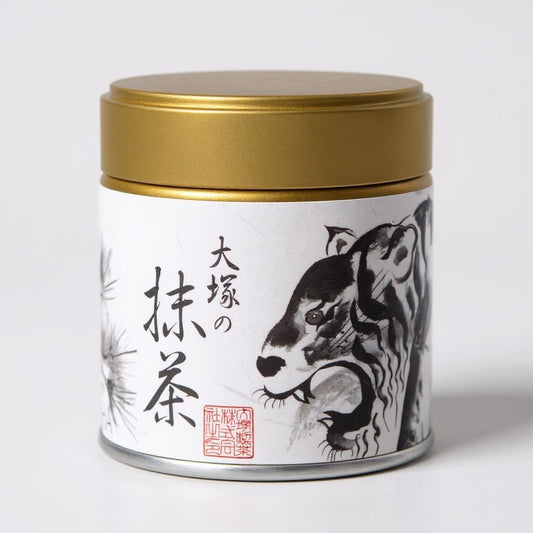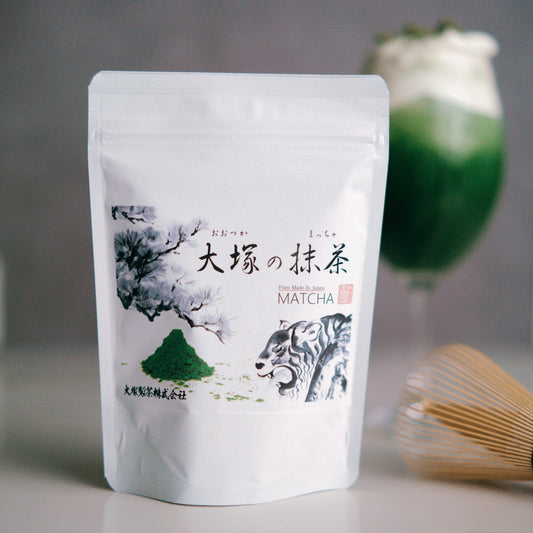Start here → Choose your tea
Amount (grams)
Tip: Usucha is a lighter whisk (≈2 g); Koicha is thick (≈4–6 g). Press Esc to reset.
Results
Choose your tea and enter grams to see results.
☕ Total Caffeine: 0 mg
You’re perfectly within the safe range. 🌿
🌿 L-Theanine: 0 mg
🌱 Chlorophyll: 0 mg
🥛 Total Carbs from Milk: 0.0 g
Matcha Caffeine FAQs
Does matcha have caffeine?
Yes. Matcha naturally contains caffeine because it is made from whole green tea leaves.
On average, one gram of matcha has about 34 mg of caffeine, roughly one third of a shot of espresso.
How much caffeine is in one cup of matcha?
A typical serving, 2 grams of matcha whisked with 60–80 ml of water, contains around
60–70 mg of caffeine. The exact amount varies by cultivar, shading time, and how much powder you use.
Is matcha stronger than coffee?
Matcha usually has less total caffeine per cup than coffee, but the effect lasts longer.
Matcha also contains L-theanine, which slows caffeine absorption and gives calm focus instead of a quick rush.
How does matcha caffeine compare to green tea or espresso?
Per gram, matcha has about 3× more caffeine than regular steeped green tea and
about half as much as espresso. Because you drink the whole leaf, you also get more antioxidants along with the caffeine.
Does matcha keep you awake?
Yes, but gently. Matcha’s caffeine provides alertness without the anxiety or crash that coffee often brings.
Many people describe the feeling as calm energy.
Is it safe to drink matcha while pregnant?
Small amounts are generally considered fine, but aim to keep total caffeine under 200 mg per day.
If unsure, check with your healthcare provider.





